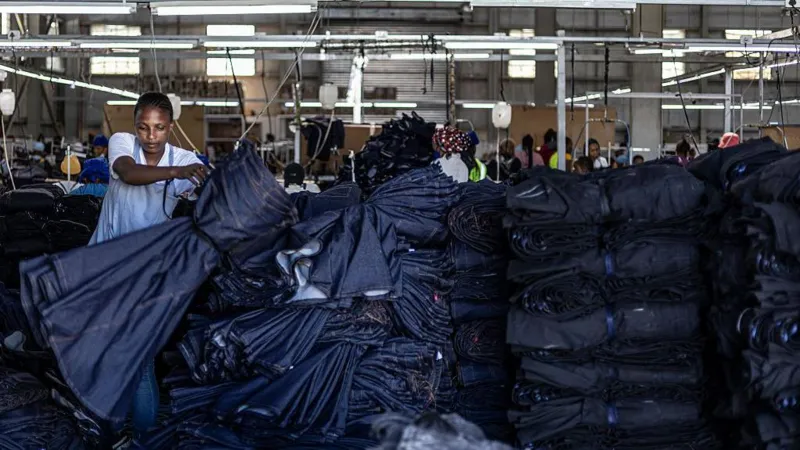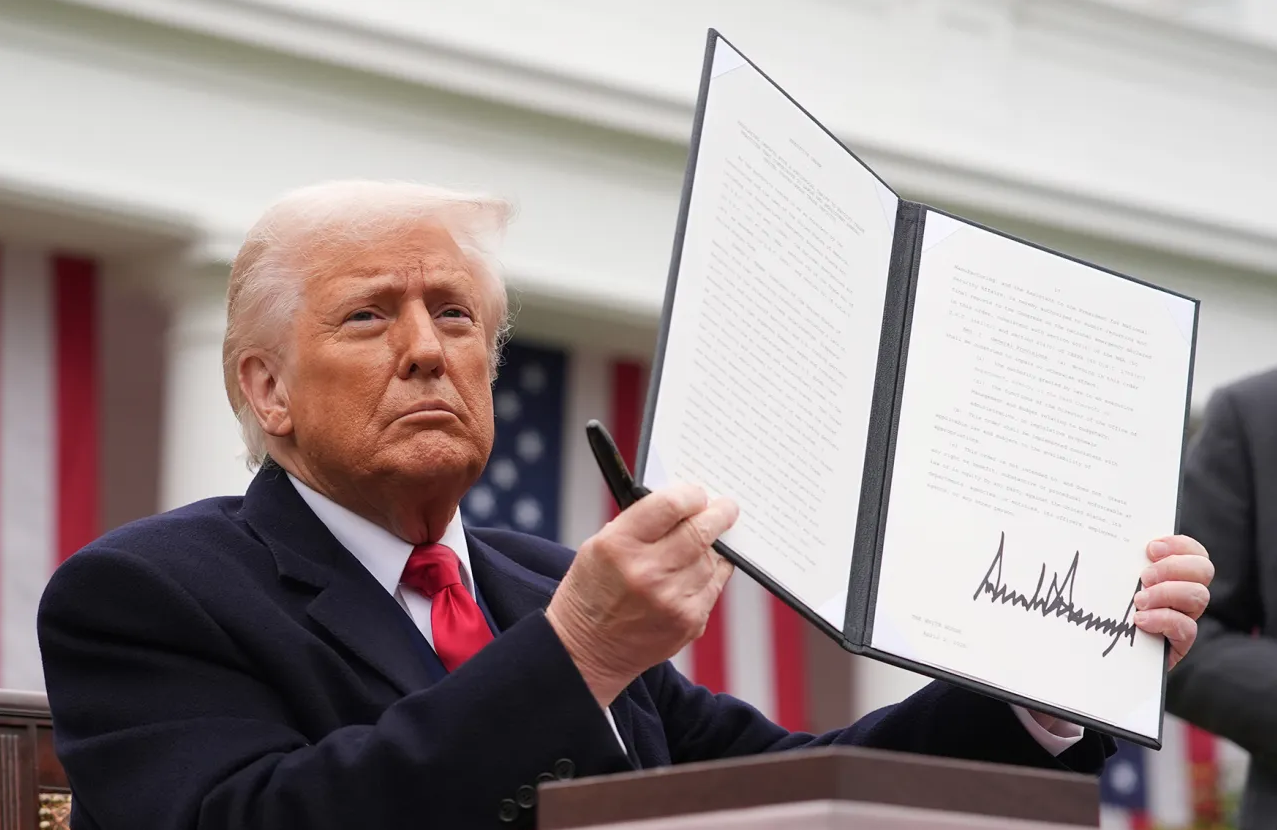BRUSSELS – The European Union will reactivate export subsidies for a series of dairy products to help struggling exporters compete better on the depressed world market, Europe’s farm chief said yesterday.
Suspended since 2007, export subsidies would now be reinstated for butter, cheese and skimmed milk powder (SMP) via a series of regular tenders and trade bids, EU Agriculture Commissioner Mariann Fischer Boel said in Berlin. In June 2007, during a period of sustained high prices, the EU set export subsidies for all dairy products at zero for the first time, aiming to make EU dairy exports less attractive for producers and thereby ensure adequate domestic supply.
Since then, however, increased world supply and reduced EU demand had forced internal prices down to close to or even below intervention levels, she said, with the financial crisis making things even worse for exporters in terms of raising credits.
As part of its negotiating position for the Doha round of world trade talks, the European Union – the main user of farm handouts and the top payer of export aids – had pledged to eliminate export subsidies provided that others did the same.
To help the dairy sector, EU countries would be asked to approve extra volumes for butter and SMP above the existing maximum amounts that could be bought into public intervention stores via regular tenders, she said. The frequency of those tenders would also be increased from once to twice a month.
At present, the EU has annual intervention ceilings set at 30 000 tons of butter and 109 000 tons of SMP, purchased by Brussel at pre-determined prices.
Under the intervention system, a commodity is ‘bought in’ to stores, either private or public, until prices rise again to a level attractive enough for it to be sold into local EU markets. -Nampa-Reuters
Stay informed with The Namibian – your source for credible journalism. Get in-depth reporting and opinions for
only N$85 a month. Invest in journalism, invest in democracy –
Subscribe Now!










